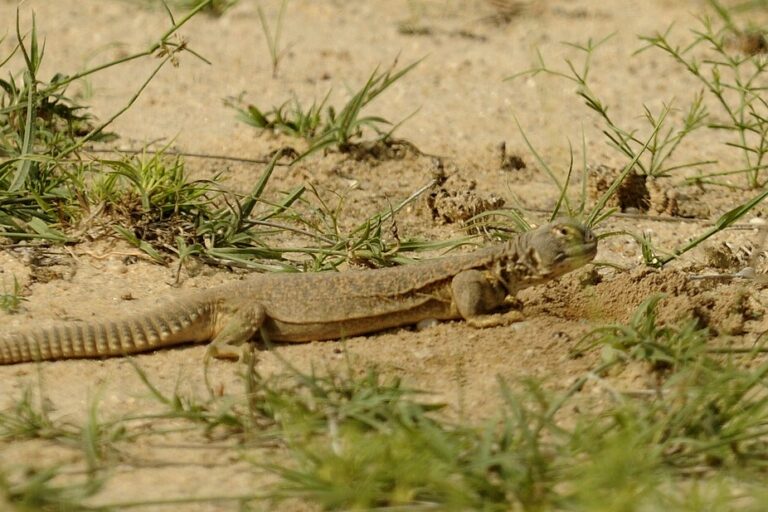This week’s environment and conservation news stories rolled into one.
Subscribe to our YouTube channel to watch the latest high quality, original video stories from nature’s frontline in India.
To receive a weekly email roundup of stories, please sign-up for our newsletter.
The lizard caught between myth and modernisation
The spiny-tailed lizard of Rajasthan is being poached and illegally traded for its meat, blood, oil, and skin.
Conserving India’s biodiversity will cost Rs. 816 billion per year, says new plan
India’s updated National Biodiversity Strategy and Action Plan has been at least a year in the making.

Island villages between Kosi embankments neglected after Bihar floods
Submergence and erosion are displacing island communities, with women and children being the most affected.
Battling infectious, zoonotic diseases despite leading health indicators
Doctors in Kerala attribute the high number of infectious and zoonotic diseases detected in the state, to good surveillance and rigorous testing. Experts highlight the role of landuse change that brings animals closer to human settlements, thereby contributing to the spread of zoonoses.

The last feral horses of India
Feral horses are free-roaming horses that descended from a domesticated stock and have lived in the wild for almost 80 years in Dibru Saikhowa. The main difference between wild horses and feral horses lies in their ancestry. Unlike feral horses, wild horses haven’t descended from domesticated horses.

[Commentary] Why black wolves matter
A close look into the lives of melanistic wolves in high-altitude regions of the Indian trans-Himalayas offers new observations about their social dynamics. Melanistic wolves are seen being cast out from the pack or facing aggression from other wolves, and often end up forming their own units.
Saving South Asia’s butterflies from the threat of extinction
Butterflies in the Sundarbans and throughout South Asia are at increasing risk of extinction, mimicking a global trend.
Climate COP aims to finalise global carbon market rules under Article 6
COP29 aims to finalise the framework for a global carbon market to facilitate international cooperation and financial support for climate action.





